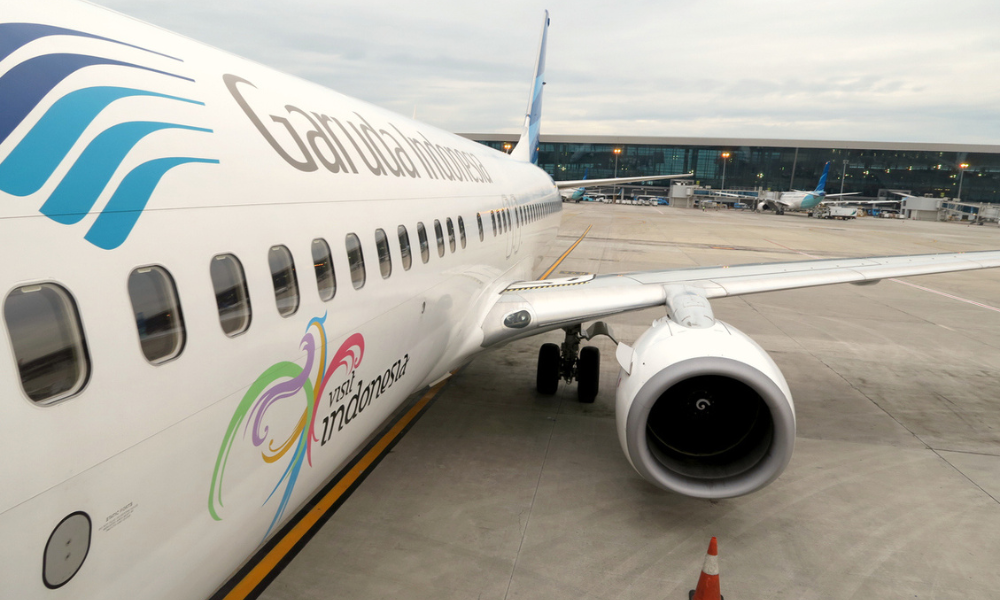
The ruling "has the potential to set a significant global precedent"

Baker McKenzie has helped PT Garuda Indonesia Limited (Garuda) to a win in High Court that confirmed the foreign state immunity status of Indonesia’s national flag-carrier airline.
The court upheld the decisions of the NSW Supreme Court and the Court of Appeal, affirming that Garuda was a “separate entity” from Indonesia’s government. Thus, efforts to wind up the airline in Australia cannot proceed.
Baker McKenzie said that the ruling “has the potential to set a significant global precedent”; similar legislative provisions exist in the UK and Singapore, but courts in other jurisdictions have yet to be asked to interpret the scope of such an exception.
“Foreign state immunity is a well-established protection in common law jurisdictions, preventing foreign governments and their ‘separate entities’ from being subjected to court processes of foreign courts unless they consent. This principle defines the boundaries between foreign states and domestic judicial powers”, the firm said in a media release. “The principle of ‘absolute’ immunity has evolved into ‘restrictive immunity’, limited by recognised exceptions. In Australia, these exceptions are outlined in the Foreign States Immunities Act 1985 (Cth) (FSIA)”.
The FSIA allows for an exception to this protection when it comes to “a proceeding in so far as the proceeding concerns ... bankruptcy, insolvency or the winding up of a body corporate”; however, in this case, the exception does not hold to cover “an application to wind a company up”.
“Instead, the purpose of that exception is to ensure when a winding up has been started all creditors or other stakeholders in it are treated in a similar manner in any court proceedings about the liquidation”, Baker McKenzie said.
In 2021, Garuda restructured under Indonesian law in a process known as Penundaan Kewajiban Pembayaran Utang (PKPU) as a result of the financial difficulties faced by airlines under the COVID-19 pandemic. The Composition Plan that was developed with the intent to restore the airline's financial health received approval in 2022 from creditors and Indonesian courts.
Greylag Goose Leasing, which leased aircraft to Garuda, were creditors during the PKPU. They expressed their lack of satisfaction with the PKPU's outcome and made an application in the NSW Supreme Court to initiate winding-up proceedings against Garuda in Australia. Garuda argued that the court did not have jurisdiction because Garuda had entitlement to assert foreign state immunity. Greylag Goose Leasing conceded that Garuda was a separate entity of Indonesia.
The primary judge sided with Garuda, stating that the exception to foreign state immunity did not permit an Australian court to appoint liquidators to the separate entity of a foreign state. The NSW Court of Appeal concurred and further supported the NSW Supreme Court’s reasoning by pointing to the history and purpose of the FSIA exception. Most of the judges agreed that the context and purpose of the provision were to ensure that “a court could adjudicate all claims brought before it in an insolvency or winding up”, Baker McKenzie said.
Partner Ian Innes led the firm’s deal in the working on the matter.